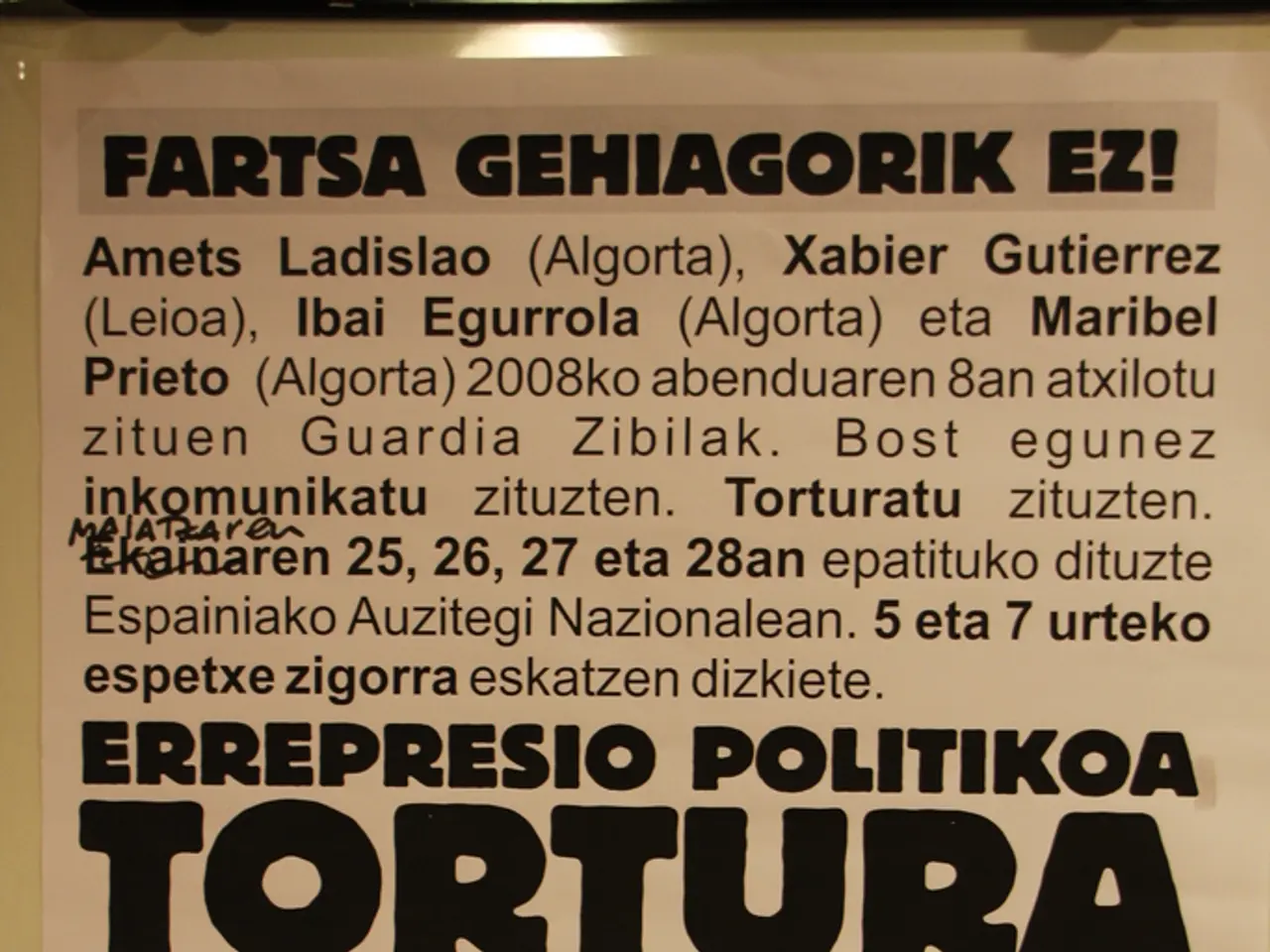Mexico's nationwide poll declares Fresnillo, Zacatecas as the nation's most dangerous city
Mexico's National Survey of Urban Public Security (ENSU), conducted by the National Institute of Statistics and Geography (INEGI) every quarter in cities across all 31 states, has revealed some concerning findings about the safety and effectiveness of municipal governments in addressing the most pressing issues in Mexican cities.
The survey, conducted in the first half of March, found that only one-third of respondents consider their municipal government to be very or somewhat effective in solving the most important problems their cities face. This lack of confidence is reflected in the security concerns of the Mexican population, with 61% of Mexicans expressing worry about their city's safety.
The survey also highlighted a gender divide in perceptions of safety, with 66.5% of women and 54.5% of men considering their city unsafe. The city of Fresnillo, Zacatecas, stood out as particularly unsafe, with 95.4% of its residents expressing concern.
Despite a decline in homicides to their lowest level since 2016 last year, violence remains a major problem in some parts of Mexico. The homicide rate may have decreased, but it still leaves a significant impact on the overall safety and wellbeing of the Mexican people.
The findings of the ENSU were released shortly after the commencement of the official campaign period ahead of the June 2 presidential election. During this period, all three presidential candidates endorsed a "Commitment for Peace" document, drawn up by Mexico's Roman Catholic leadership. The endorsement of this document took place shortly before the ENSU was conducted, indicating a focus on addressing the safety concerns highlighted in the survey.
One of the presidential candidates, Claudia Sheinbaum, expressed disagreement with the Church leaders' assessment of the current security situation. Sheinbaum also disagreed with some of the peace-building proposals put forth by the Church leaders.
The ten safest cities in Mexico, according to the ENSU, generally include Mérida, Puerto Vallarta, San Miguel de Allende, Playa del Carmen, and other locations in regions such as the Riviera Maya, Yucatán, Campeche, and Querétaro. Mérida is often cited as the safest due to its significantly below-average crime rate.
Each of the 16 boroughs of Mexico City is considered separately in the ENSU. This allows for a more granular understanding of safety concerns within the city and the effectiveness of local governments in addressing these issues.
The ENSU is an important tool for understanding the safety concerns and perceptions of effectiveness of municipal governments in Mexico. The findings of the survey highlight the need for continued efforts to address the root causes of violence and improve the safety of Mexican cities.
Read also:
- Peptide YY (PYY): Exploring its Role in Appetite Suppression, Intestinal Health, and Cognitive Links
- Easing Pedestrian Traffic Signal Pressure
- Astral Lore and Celestial Arrangements: Defining Terms & In-Depth Insights - Historical Accounts & Glossary of Cosmic Mythology
- ICE directed to enhance detention conditions following NYC immigrants' allegations of maltreatment




